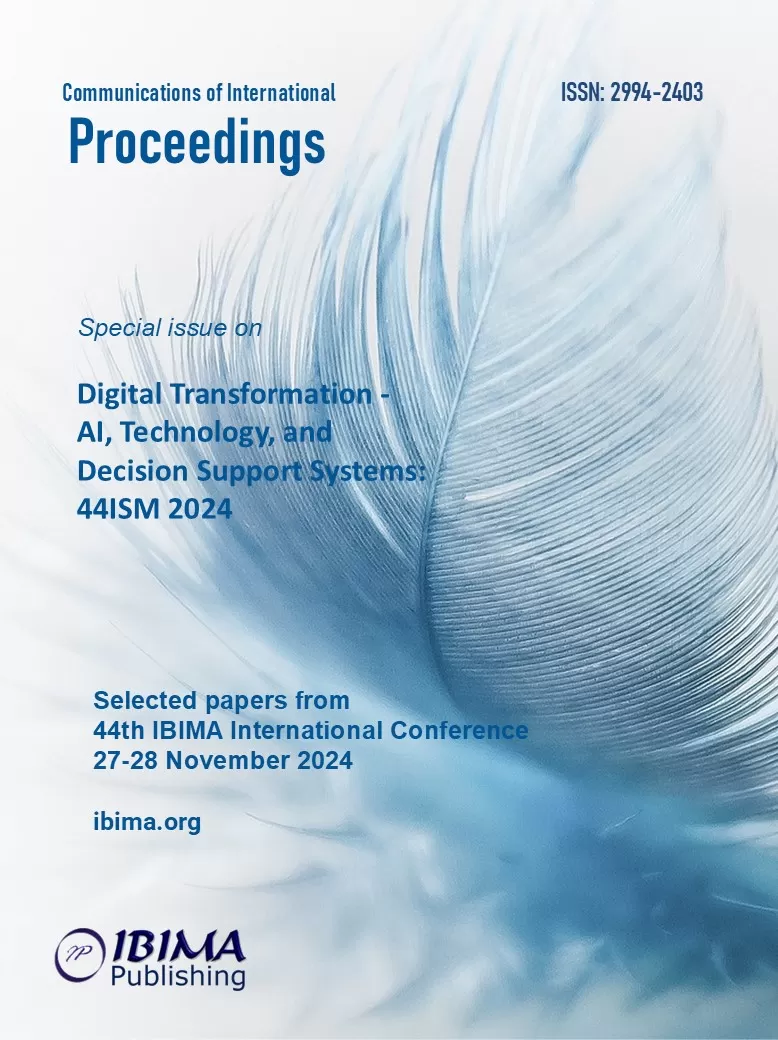
Adam KOLINSKI1, Davor DUJAK2 and Karolina KOLINSKA3
1 Lukasiewicz Research Network – Poznan Institute of Technology, Poznan, Poland
2 Faculty of Economics and Business in Osijek, Josip Juraj Strossmayer University of Osijek, Osijek, Croatia
3 Poznan School of Logistics, Poznan, Poland

The efficiency of supply chains is heavily influenced by transport processes, necessitating tools that enhance information flow. Despite advancements, the lack of standardized integration between Transport Management Systems (TMS), electronic transport platforms, and logistics technologies persists, creating a critical void in the literature and business practice. This study aims to identify opportunities for integrating electronic transport platforms with IT systems as a precursor to global supply chain digitization. A mixed-methods approach was adopted, combining quantitative surveys with consultations across multiple stakeholders in the transport, shipping, and logistics (TSL) sector. Analysis focused on the usage, functionality, and integration potential of existing platforms, utilizing a Likert scale to measure adoption rates and problem severity. Findings indicate a reluctance within businesses to adopt new platforms due to limited perceived economic benefits, inconsistent communication standards, and data security concerns. However, existing TMS and electronic platforms offer potential for broader integration, particularly through leveraging EPCIS standards to streamline data exchange and enhance interoperability. Furthermore, the study underscores the necessity of aligning integration tools with Industry 4.0 principles to address fragmentation within supply chains. This research highlights the importance of refining current technologies rather than introducing new platforms, providing actionable insights for enhancing information flow and efficiency in transport processes. Future studies should focus on practical applications of EPCIS and further integration of digital technologies to address persistent gaps.